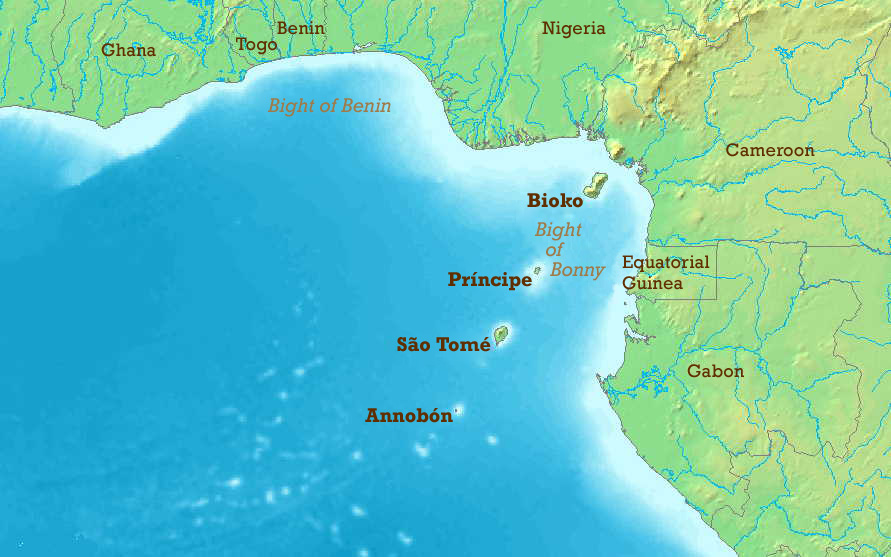The Deputy Executive Secretary of the Gulf of Guinea Commission, Venancio Soarès Gomès, presented the ambitious draft. Experts will refine the document and send it to the Conference of Ministers for consideration at the Summit of Heads of State and Government. Instructions from the summit will guide the regional blue economy (BE) strategy.
The town of Luanda in Angola plays host to the Gulf of Guinea Commission from May 28 to 30 to launch the blue economy strategy. The blue economy is an economic system that aims to preserve freshwater and marine habitats while exploiting them sustainably to provide resources like food and electricity and spur economic growth.
The Luanda workshop brings together experts from the 19 member countries, including Cameroon.
The stakes are high; according to reliable estimates, the Gulf of Guinea region has large oil reserves representing around 35% of the world’s total reserves and other precious minerals such as diamonds, tin, bauxite, manganese, and cobalt. The area is also severely affected by illegal, unreported, and unregulated fishing, orchestrated mainly by highly modern foreign fleets (sometimes carrying heavy weapons).
The previous summit was held in Accra on 6 August 2024, under the theme ‘Building a safe, secure, and prosperous Gulf of Guinea region for sustainable development.’ It set priorities for the CGG’s strategies on strong, cross-cutting actions: safeguarding and security, sustainable development, and environmental protection. Proposals have been made to the ministers and heads of state concerning the diversification of the CGG’s funding sources, which at present come solely from the member states, whose constraints are manifold, leading to numerous arrears and delays in payment.
Headquartered in Luanda, Angola, the Gulf of Guinea Commission is an international body created in Libreville, Gabon, on 3 July 2001. Member States of the Commission comprise the Republic of Angola, the Republic of Congo, the Democratic Republic of Congo, the Republic of Cameroon, the Gabonese Republic, the Republic of Ghana, the Republic of Equatorial Guinea, the Federal Republic of Nigeria, and the Democratic Republic of São Tomé and Príncipe. Benin, Cape Verde, Côte d’Ivoire, Liberia, Gambia, Guinea-Bissau, the Republic of Guinea, Senegal, Sierra Leone, and Togo joined later.
The Gulf of Guinea Commission is a framework of consultation among the countries of the Gulf of Guinea for cooperation and development, as well as for the prevention, management, and resolution of conflicts that may arise from the delimitation of borders and the economic and commercial exploitation of natural resources within the territorial boundaries, particularly in the overlapping Exclusive Economic Zones (EEZ) of member states. It constitutes a permanent institutional framework for cooperation for countries bordering the Gulf of Guinea to defend their common interest and promote peace and socio-economic development based on dialogue, consensus, ties of friendship, solidarity, and fraternity.

